On Wednesday, February 12, 2025, detectives from the Ethics and Anti-Corruption Commission (EACC) arrested three traffic police officers for extorting money from motorists and bodaboda riders at the Globe Cinema roundabout in Nairobi.
The officers were caught in a morning raid after numerous complaints from members of the public who had been forced to pay bribes to avoid harassment.
This incident is just one of many that expose how deep corruption runs in the traffic department.The three officers, identified as Oscar Serem Biwott, Simon Kiplagat, and Edwin Benedict Mubweka, were stationed at the Central Police Station.
EACC conducted investigations for several days before confirming the allegations against them. According to EACC, the officers had collected Ksh 48,250 in bribes within just two hours from 6:30 a.m.
This amount shows how much money rogue officers make daily by intimidating motorists.
The suspects were taken to the EACC Integrity Centre, where they recorded statements as part of the investigation.
EACC has stated that it is working closely with the National Police Service (NPS) to address corruption in the traffic department.
As part of this effort, the commission is conducting a comprehensive audit of police systems and practices to identify and fix loopholes that encourage corruption.
However, despite these efforts, bribery remains widespread, especially in urban areas like Nairobi, where traffic congestion creates a perfect environment for corrupt officers to exploit road users.
Motorists and bodaboda riders have long complained about harassment by police officers who demand bribes even when no traffic rules have been broken. Some officers set up illegal roadblocks, targeting drivers and riders who may not have the time or resources to fight back.
Those who refuse to pay are either delayed unnecessarily or threatened with arrest. This practice has made corruption a daily experience for road users, and in many cases, people choose to pay to avoid the inconvenience of dealing with the police.
The latest arrests show that EACC is making an effort to clean up the police service, but history has shown that arrests alone do not solve the problem.
Many officers who are caught taking bribes often find ways to return to the force, and some even continue their corrupt practices after being transferred to different locations. There is also the issue of police bosses who turn a blind eye or even benefit from the money collected by their juniors.
To fight corruption in the traffic department, there needs to be stricter measures, including real consequences for officers caught engaging in bribery.
The public also needs to be more involved by refusing to pay bribes and reporting corrupt officers whenever they encounter them. Without serious action, cases like this will continue, and motorists will keep suffering at the hands of those who are supposed to enforce the law.






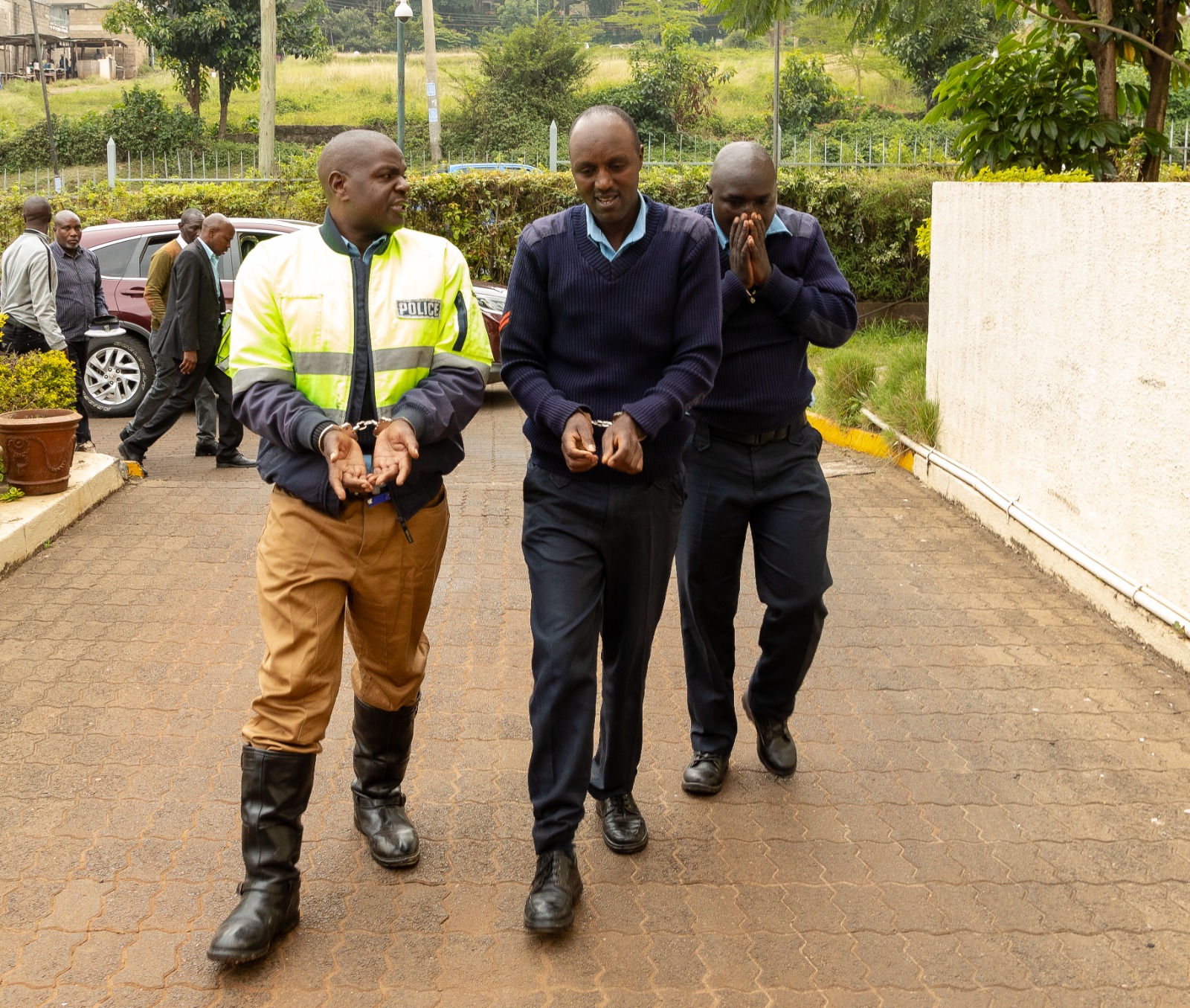
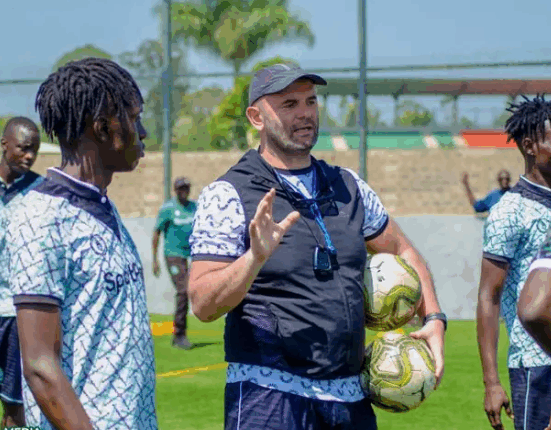

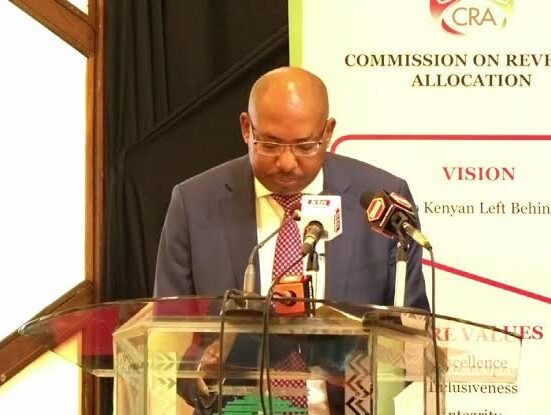

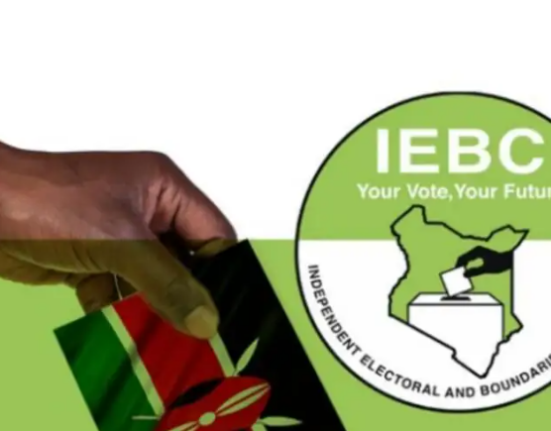
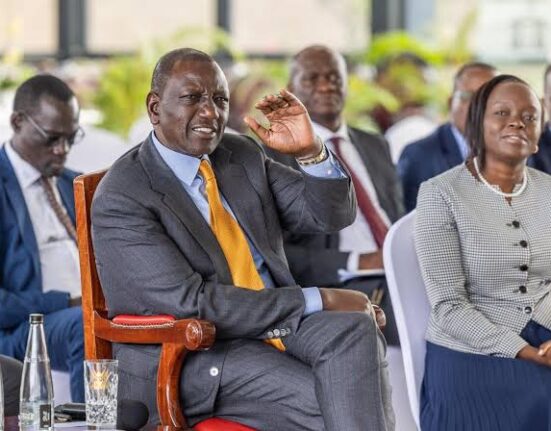
Leave feedback about this